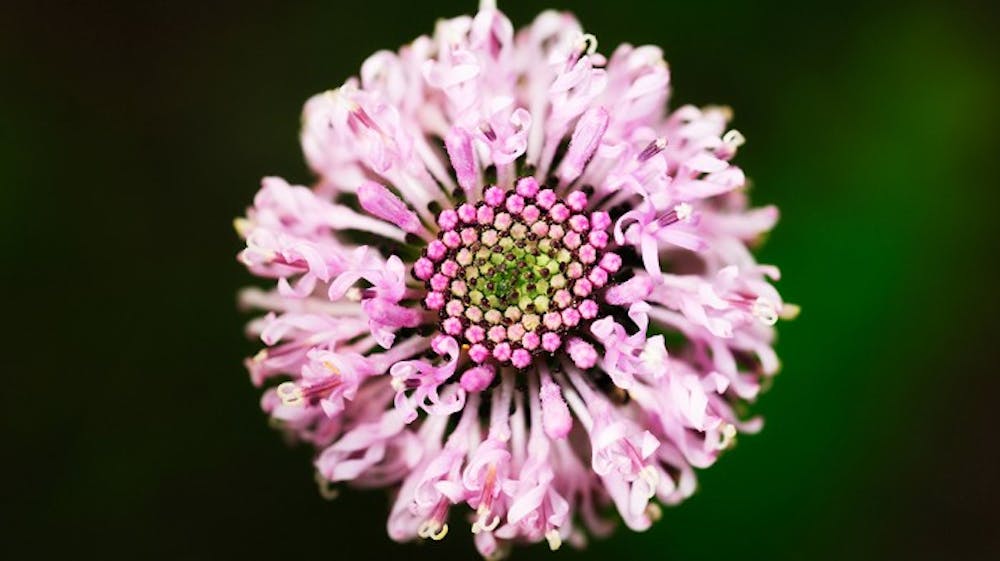If he could have anything named after him, Harry LeGrand said, he would probably choose a flower.
But he was still caught by surprise when he found out earlier this week that he is the namesake of a rare flower species he discovered 26 years ago.
“If it’s going to be a plant (named after me), I’m glad it’s something people are going to be interested in, something attractive,” said LeGrand, a biologist in the N.C. Natural Heritage Program.
Alan Weakley, the UNC herbarium director and biology professor who named the plant, said he began extensive research on it 20 years ago.
Weakley, along with UNC biology graduate student Derick Poindexter, formally described the newly named Marshallia legrandii in a scientific journal published Monday.
LeGrand discovered the species in Granville County while studying related species. He noticed that the flower’s characteristics did not match with any classified species.
The new species is about twice as tall as its relatives and has a bigger flower and broader leaves, he said.
“So I was excited about what I found, but I wasn’t sure,” LeGrand said. “I wasn’t thinking new species at the time.”
Poindexter said Weakley’s choice to name the flower after LeGrand was appropriate.



